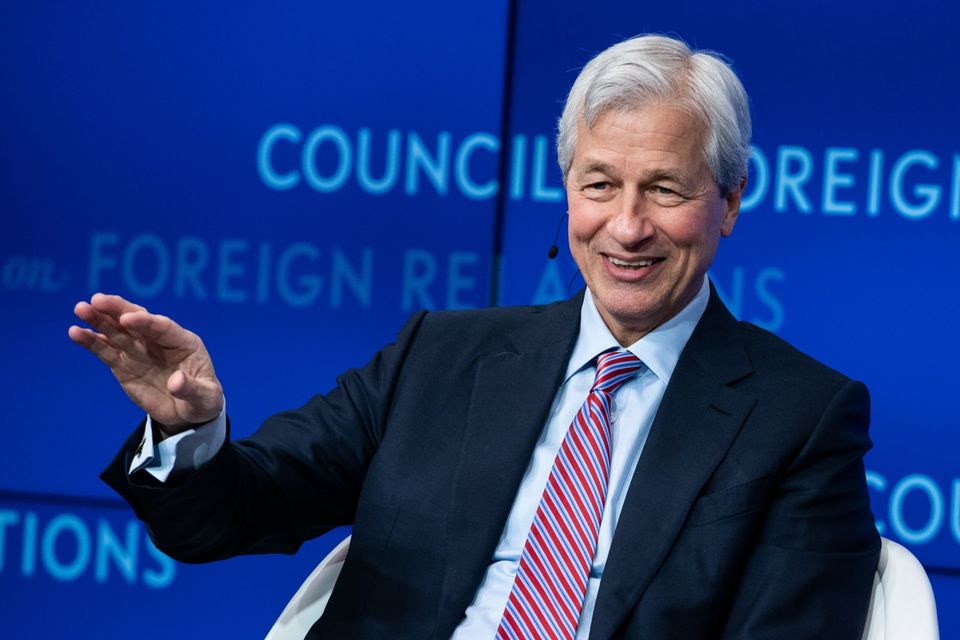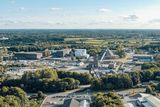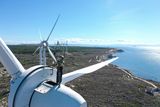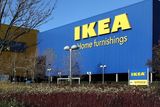JPMorgan boss fears political polarisation
CEO warns of risk creation that could ‘eclipse anything since World War II’
JP Morgan chief executive Jamie Dimon. Photo: Mark Kauzlarich/Bloomberg
America’s most influential banker, JPMorgan Chase CEO Jamie Dimon, told investors yesterday that he continues to expect the US economy to be resilient and grow this year.
But he worries geopolitical events including the war in Ukraine and the Israel-Hamas war, as well as US political polarisation, might be creating an environment that “may very well be creating risks that could eclipse anything since World War II”.
The comments came in an annual shareholder letter from Mr Dimon, who often uses the letter to weigh in broad topics like politics, regulation and global events and what it might mean to JPMorgan Chase, as well as the broader economy.
Mr Dimon also used his letter to forcefully defend the firm’s diversity and equality efforts, pushing back on the arguments from Republicans who have said such efforts at Fortune 500 companies, colleges and universities are discriminatory and promote left-wing ideology.
“America’s global leadership role is being challenged outside by other nations and inside by our polarised electorate,” Mr Dimon said.
“We need to find ways to put aside our differences and work in partnership with other Western nations in the name of democracy.
“During this time of great crises, uniting to protect our essential freedoms, including free enterprise, is paramount.”
Mr Dimon had particular concerns with continued large amounts of deficit spending by the US government and other countries, as well as the need for countries such as the US to remilitarise and continue to build out green infrastructure, all of which will likely keep inflation higher than investors expect.
Because of these issues, Mr Dimon said he is less optimistic that the US economy will achieve a “soft landing”, which he defined as modest growth along with declining inflation and interest rates, compared to the broader market.
While he says the investors are pricing in a “70pc to 80pc” chance of a soft landing, Mr Dimon thinks the chances of such an ideal outcome are “a lot less” than that.
Also, at a time when some investors and economists are questioning whether the Federal Reserve can make good on its projection for three interest rate cuts this year, Mr Dimon warned of the possibility of rates rising to 8pc or higher.
The Fed’s benchmark rate is currently in a range of 5.25pc to 5.50pc.
“These significant and somewhat unprecedented forces cause us to remain cautious,” he said. As he has done in previous letters, Mr Dimon said he continues to believe the US must take a significant leadership position in the world through trade, military might and a resilient economy backed by strong infrastructure spending.
He has long argued the US must continue to hold its leadership role in the West, or it will eventually cede that role to China as an authoritarian superpower. This includes continuing to support Ukraine in its war against Russia, he argued.
Like many other CEOs, he sees promise in the use cases of artificial intelligence. The bank has found 400 use cases for AI so far, he said, particularly in the bank’s marketing, fraud and risk departments.
Join the Irish Independent WhatsApp channel
Stay up to date with all the latest news















